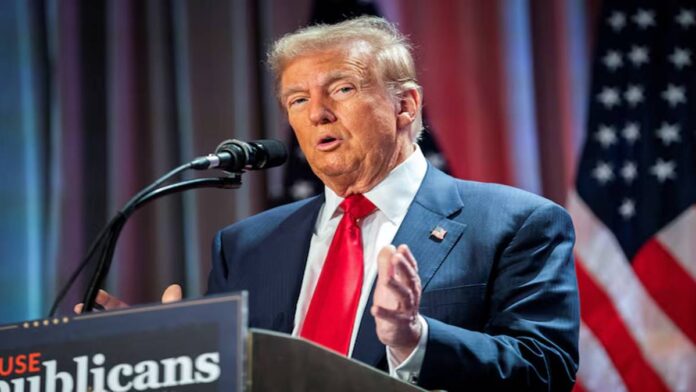The US-China trade war, triggered by Donald Trump’s tariffs on Chinese goods, has reshaped the global trade landscape. While these tariffs aimed at curbing China’s economic dominance, they have inadvertently opened up opportunities for other nations, particularly India, to step into the void and strengthen their roles in global supply chains.
India’s Strategic Advantage
As global businesses reconsider their manufacturing strategies, India is emerging as a key beneficiary. Chahat Mishra, Head of International Relations at Great Lakes Institute of Management, highlights India’s demographic dividend and pro-business reforms as crucial elements that could attract businesses shifting their focus from China. She explains, “India’s young and dynamic workforce makes it an ever-attractive destination for global manufacturing and services. The government’s Production Linked Incentives (PLI) scheme is also helping diversify supply chains away from higher-tariff regions.” These policies are designed to bolster sectors like electronics, pharmaceuticals, and automobiles, positioning India as a competitive alternative for multinational corporations (MNCs).
Moreover, India’s strategic location—proximity to key Asian, European, and African markets—strengthens its appeal. As Mishra points out, “India is geographically well-positioned for a global supply chain hub, with improved port infrastructure, logistics projects like Sagarmala, and better connectivity.” These developments are key to facilitating smoother exports and attracting businesses that rely on efficient logistics.
Also Read ‘US is our largest trade partner, have no interest in weakening dollar’: EAM Jaishankar Trade war brewing up ‘Whatever Trump decides on tariffs, it will create opportunities for India’ Trump’s tariff bluster
Challenges and Policy Imperatives
However, India faces several challenges in capitalizing on this opportunity. Ms Ancy P Anto, Assistant Professor at Alliance School of Law, emphasizes that India’s competitive labour costs and emerging manufacturing hubs in states like Tamil Nadu, Gujarat, and Maharashtra make it an attractive destination for businesses seeking to diversify. “India must capitalize on this opportunity by focusing on skill development and aligning its workforce with global industry requirements,” Anto says. Yet, structural challenges remain, including inadequate logistics infrastructure, high transportation costs, and cumbersome labour laws, which hinder smooth operations.
Also ReadAndhra Pradesh’s Adani solar contract under scanner: Adani deal under bribery scrutiny was approved against officials’ advice
To address these issues, both experts agree that India must continue its efforts to improve the business environment. Mishra notes,
» Read More


